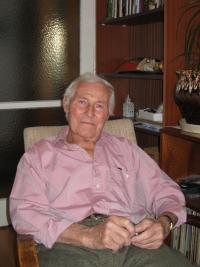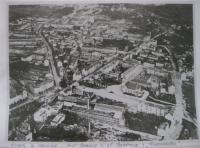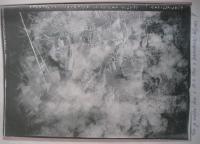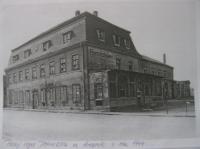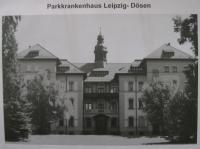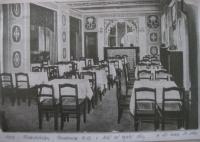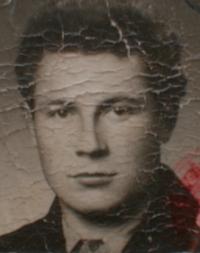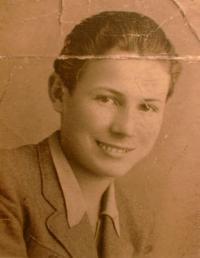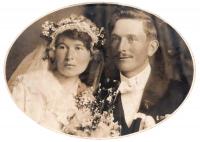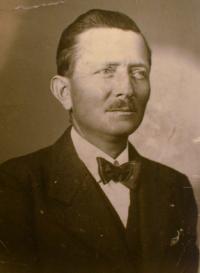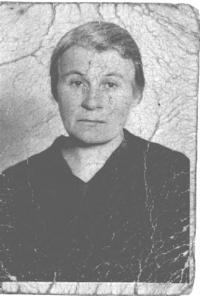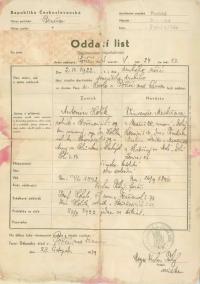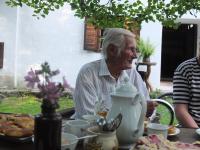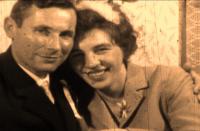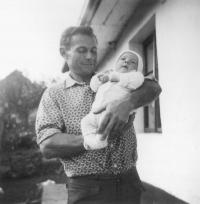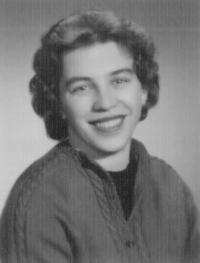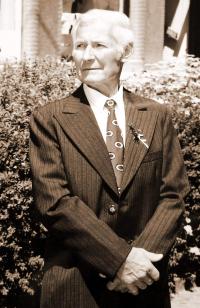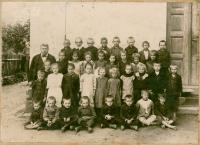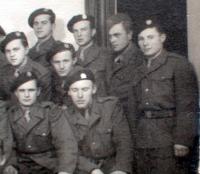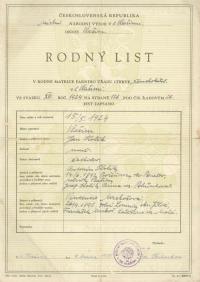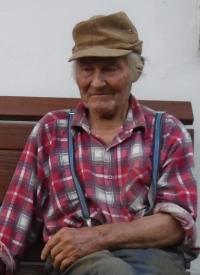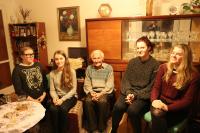Working as a shipman in the Protectorate and in the communist Czechoslovakia
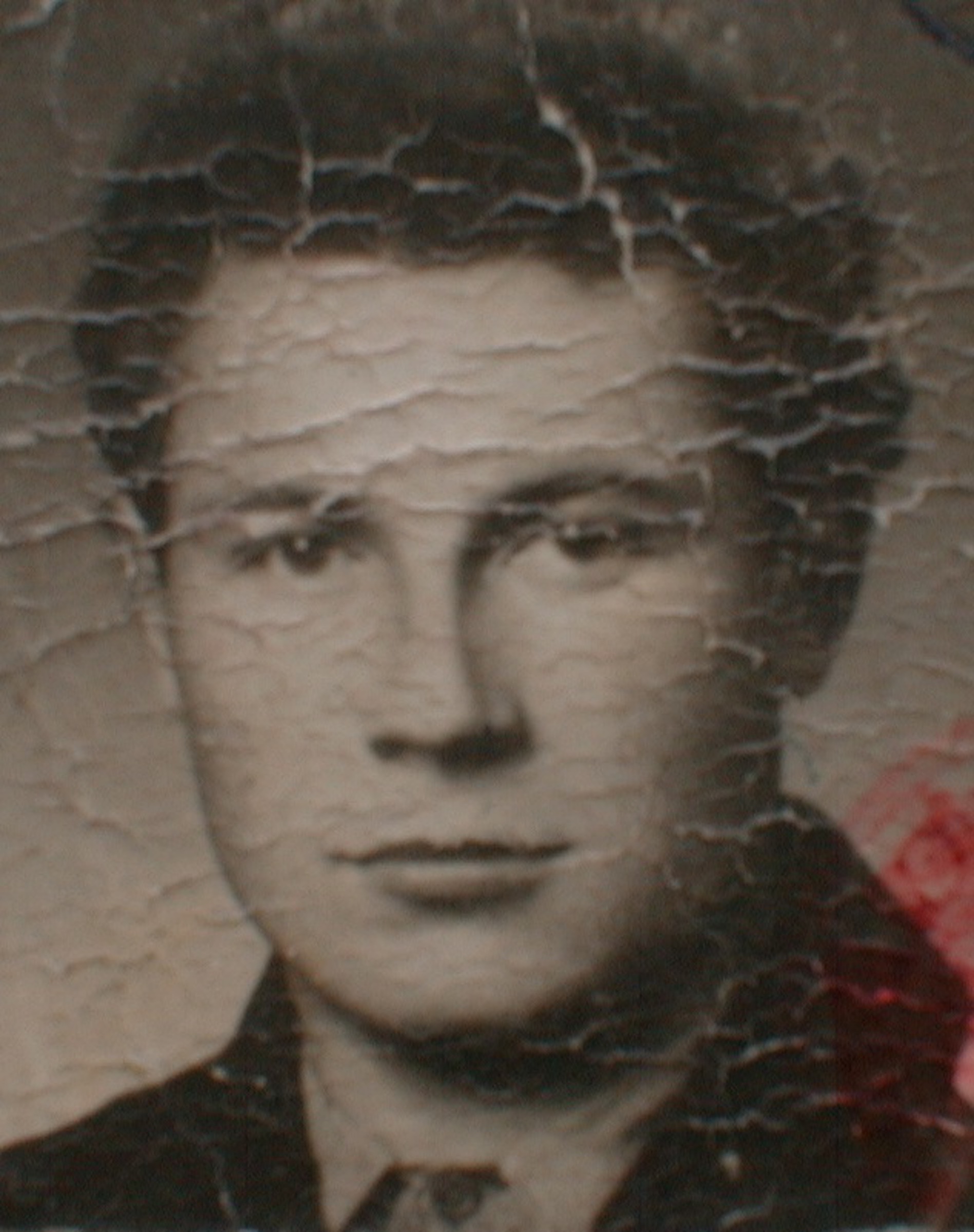
Download image
Jan Holík was born May 15, 1924 in Vlašim. His family origins may possibly reach back to the medieval noble family of Holíks. His childhood was difficult as the family had to move frequently. He learnt the carpenter’s trade and in 1941 he began working for the Czech-Moravian Elbe River Navigation (Böhmisch-Mährische Elbe Schifffahrt), going often to Hamburg or Berlin. He left the company at the time of the terror following Heydrich´s assassination, he was wandering through the Protectorate and living rough. For some time he was sent to the coal mines in Ostrava as a punishment, he escaped and was hiding with his relatives or friends. After returning home in February 1944 he was sent for forced labour to Germany, where he experienced the destruction of the labour camp during an air raid and survived a brain-fever. He was sent to work in the Junkers factories in Leipzig, Penik, and then in Dvůr Králové. At the end of the war he worked in the arms factory in Vlašim. After the war he was working in non-skilled professions in Prague and Vlašim. He did his military service in Terezín. From 1955 to the end of the 1960s he worked again for the long-haul boat navigation company, where he was going to Hamburg in Germany.
